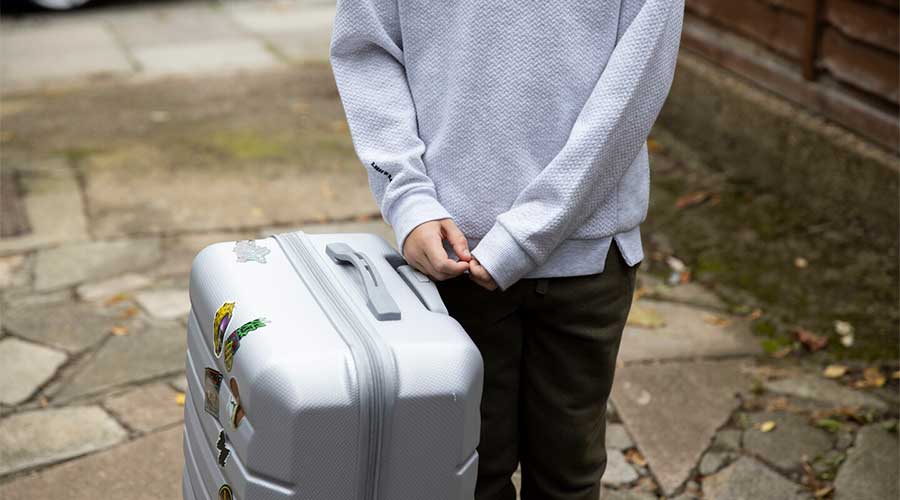A lack of continued support for families when their children return home from care is costing hundreds of millions of pounds each year, according to new research that we commissioned.
The study, Supporting Children and Families returning home from care: Counting the costs shows that £316m1 is being spent each year on sending children back into care because a return to home has failed. This is five times more than it would cost to support keeping children at home.
Download the report
Costs from failed reunifications
The research found that a substantial amount of money is spent each year because of failed reunifications, which result in children re-entering care. These costs are particularly significant when compared with the lower cost of improving support to meet the needs of children and families when children return home from care.
In fact, the estimated cost of providing support and services to meet the needs of all children and families returning home from care would be £67m, compared to £316m if they return to care.
It is estimated that it currently costs £105,804 on average for each child who returns to care, compared to an average of just £7,857 to provide support to a family when the child returns home. These support costs range from around:
- £15,757 for a family with high needs for a two-year period.
- £1,644 to support a family with a low level of need for six months.
Returning home to a parent or relative is the most common outcome for children in care. In 2022-23, 27% of all children who ceased to be looked after returned home.
Yet, a research study of the national administrative datasets conducted in 2022 cited that the number of children re-entering into care following reunification are:
- 12% at 3 months
- 20% at one year
- 35% at six years.
The charity knows that good practice and effective services can support children to return home safely. Keeping support in place for a minimum period of 6 months following a return home reduces the chance of the reunification becoming unstable and breaking down.
We’re calling on the UK government to focus its attention on support for reunifying families by:
- integrating practices that help children stay out of care into its Families First for Children Pathfinder Programme2
- increasing the support that is offered to families to help a child successfully stay at home when it is safe to do so.
We’re also calling on the Department for Education to improve data collection on re-entry into care, so that it can better identify when reunifications have failed and offer families bespoke support to stay together.
Download the report


